
PARLIAMENT yesterday approved the Annual Public Debt Management Report of the House's Finance Committee which revealed that Ghana's total debt stock at the end of December 2018 stood at GH¢173 billion from GH¢142.6 billion in 2017.
This increase in the debt portfolio represents a debt to Gross Domestic Product ratio (Debt-to-GDP) of 55.6 in 2017 to 57.9 in 2018 as rebased in 2017.
The debate leading to the adoption of the report and its subsequent approval was not without the characteristic battle of supremacy between the Majority and Minority caucuses as to who are the better managers of the Ghanaian economy.
According to the report in the possession of the Ghanaian Times, the United States dollars-denominated constitutes 67.2 per cent, the Euro accounts for 18.6 per cent, the Chinese Yuan, the Japanese Yen and the British Pounds represents 4.2, 2.3 and two per cent respectively.
Other currencies, including the Kuwait Dinar, Korean Wan and the Saudi Riyal, among others made up for the 5.7 per cent.
"At the end of the 2018 financial year, which ended on December 31, commercial debt accounted for the largest share of external debt, representing 50.6 per cent of the total external debt portfolio," the report, signed by the Chairman of the Finance Committee, Dr Mark Assibey-Yeboah stated.
Six outstanding Eurobonds, the 11-page report said, accounted for 27.9 per cent whiles export credit agencies represented 6.9 per cent of the debt stock.
"The remaining portion of the external debt comes from multilateral and bilateral sources," the report read, adding that "multilateral debts, which are mostly concessional terms, accounted for 35.8 per cent while bilateral debt constituted 13.7 per cent."
The portion of the short-term debt - not exceeding a year's tenor - in the portfolio of domestic marketable debt, the report indicated, declined from 22.4 per cent in 2017 to 17.3 in 2018 in line with government's debt strategy target of short-term debt of between 15 to 20 per cent.
On the other hand, the proportion of medium-term debt, between two and 10 years tenor, the report noted increased from 68.1 per cent to 75.2 in 2018.
Moving the motion for the adoption of the report, Mr Assibey-Yeboah said despite an increment in the debt portfolio, the economy remained strong as credit agencies' rating of the economy continues to elicit positive outlook.
But the Minority Spokesperson on Finance and Ranking Member on the Finance Committee, Casiel Ato Forson said there were high chances Ghana may not be able to service its debt because the debt portfolio was deteriorating, accusing the government of doing the opposite of what it promised in the run up to the 2016 general elections.
The Debt Sustainability Analysis report of the International Monetary Fund and the World Bank, for 2918, Forson, the National Democratic Congress lawmaker for Ajumako/Enyan/Essiam said showed that Ghana's level of accumulation of debt was unsustainable.
He accused the Vice President, Dr Mahamudu Bawumia of peddling falsehood about the Ghanaian economy when at a recent townhall meeting he said the fiscal deficit for the years 2014, 2015 and 2016 were 11.9, 6.7 and 9.3 percentage points respectively when the Finance Ministry's data showed that the deficit was 10.2, 6.4 and 8.3.
Information Minister, Kojo Oppong Nkrumah, disputing Mr Forson's claim that the Nana Addo Dankwa Akufo-Addo's government was borrowing more said whilst the erstwhile NDC government was borrowing at 26 and 22 per cent of the total debt in 2015 and 2016 respectively, the current government had reduced that to 16.6 per cent in 2017 to 14.5 per cent in 2018.
Mr Oppong Nkrumah, NPP Member, Ofoase-Ayirebi, said some of the causes of the increase in the debt, though not at the spate at which the previous government borrowed, included the drawdown of old loans contracted by the John Mahama-led administration as well as servicing of same.
"Mr Speaker, our debt position is healthier; our economy is in safe hands," he said to cheers from his side of the House.
Read Full Story
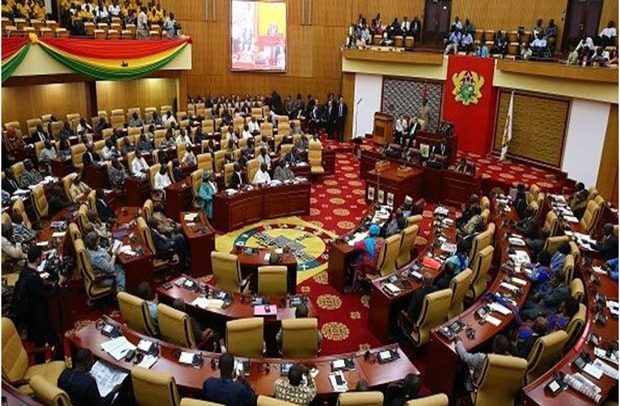
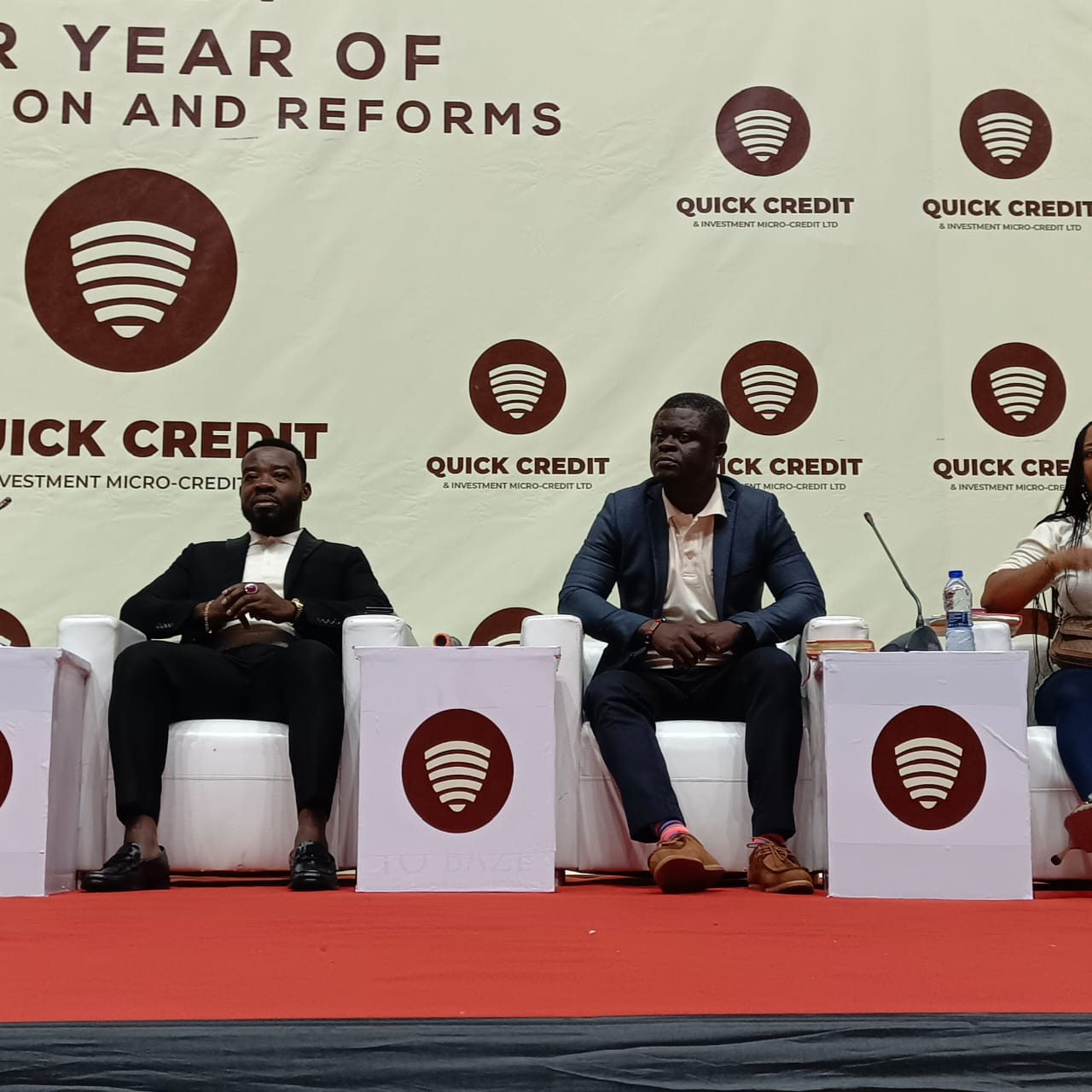

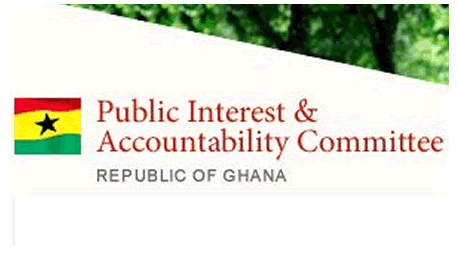
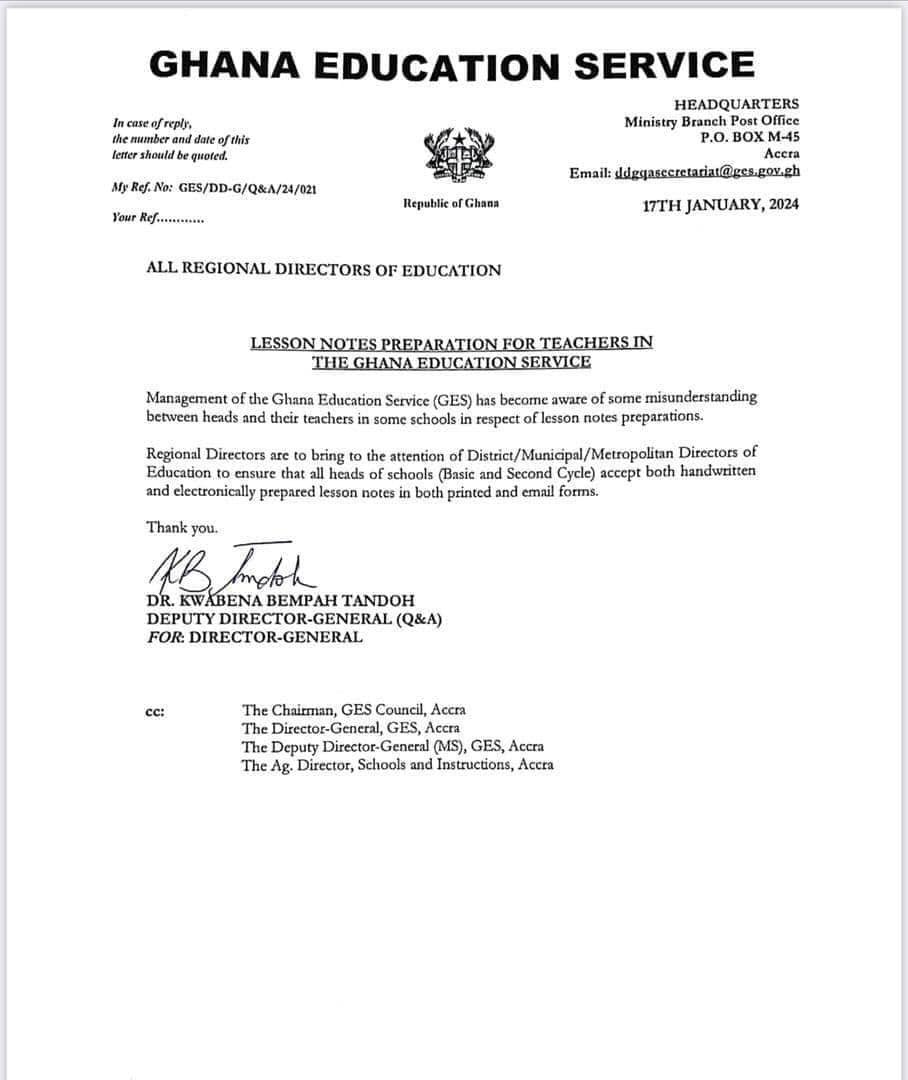
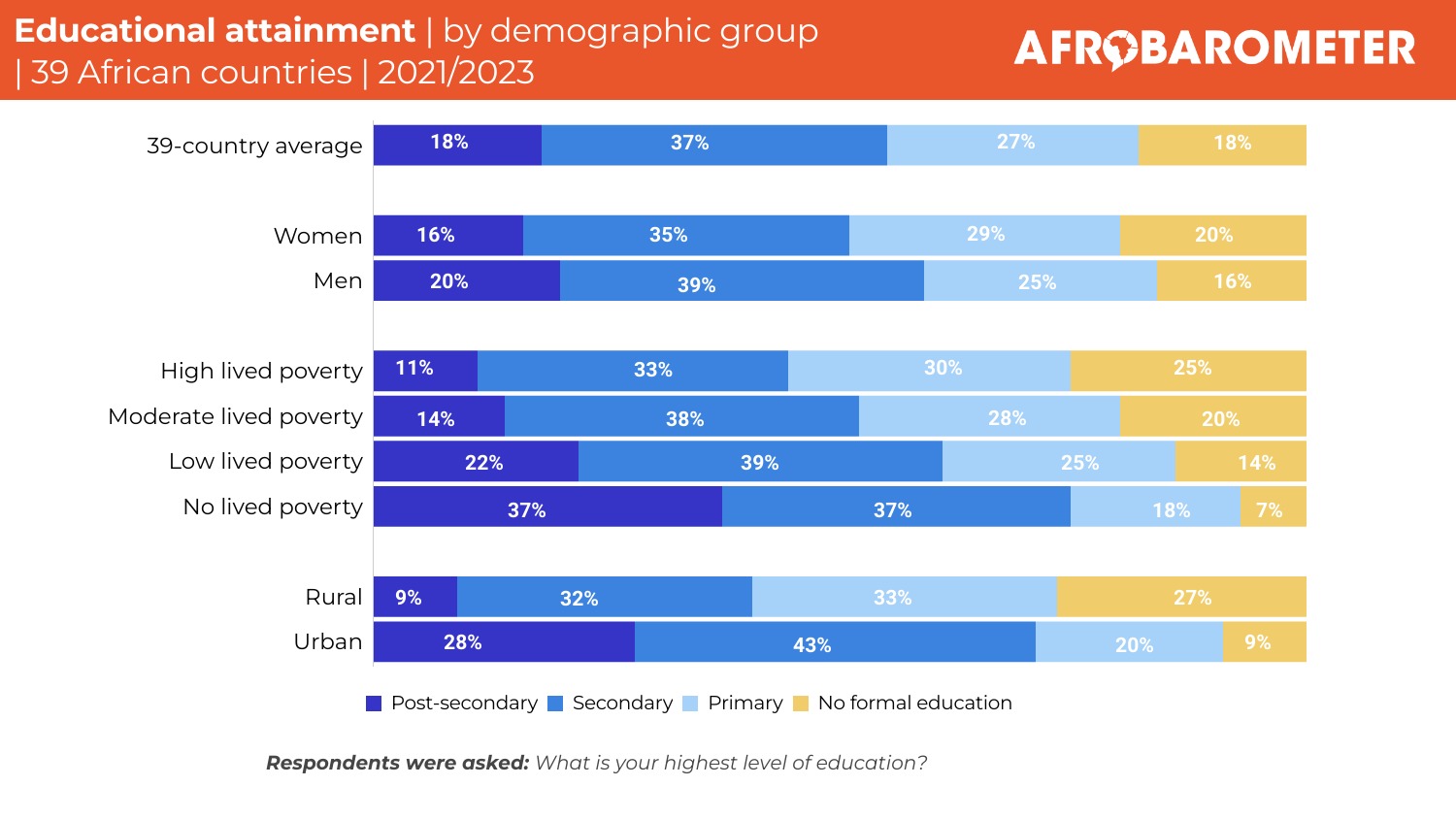

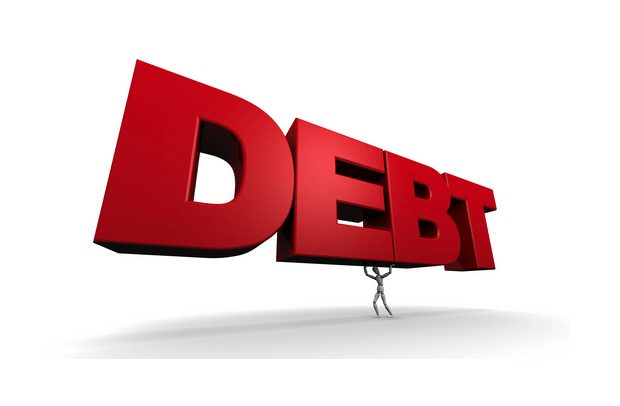















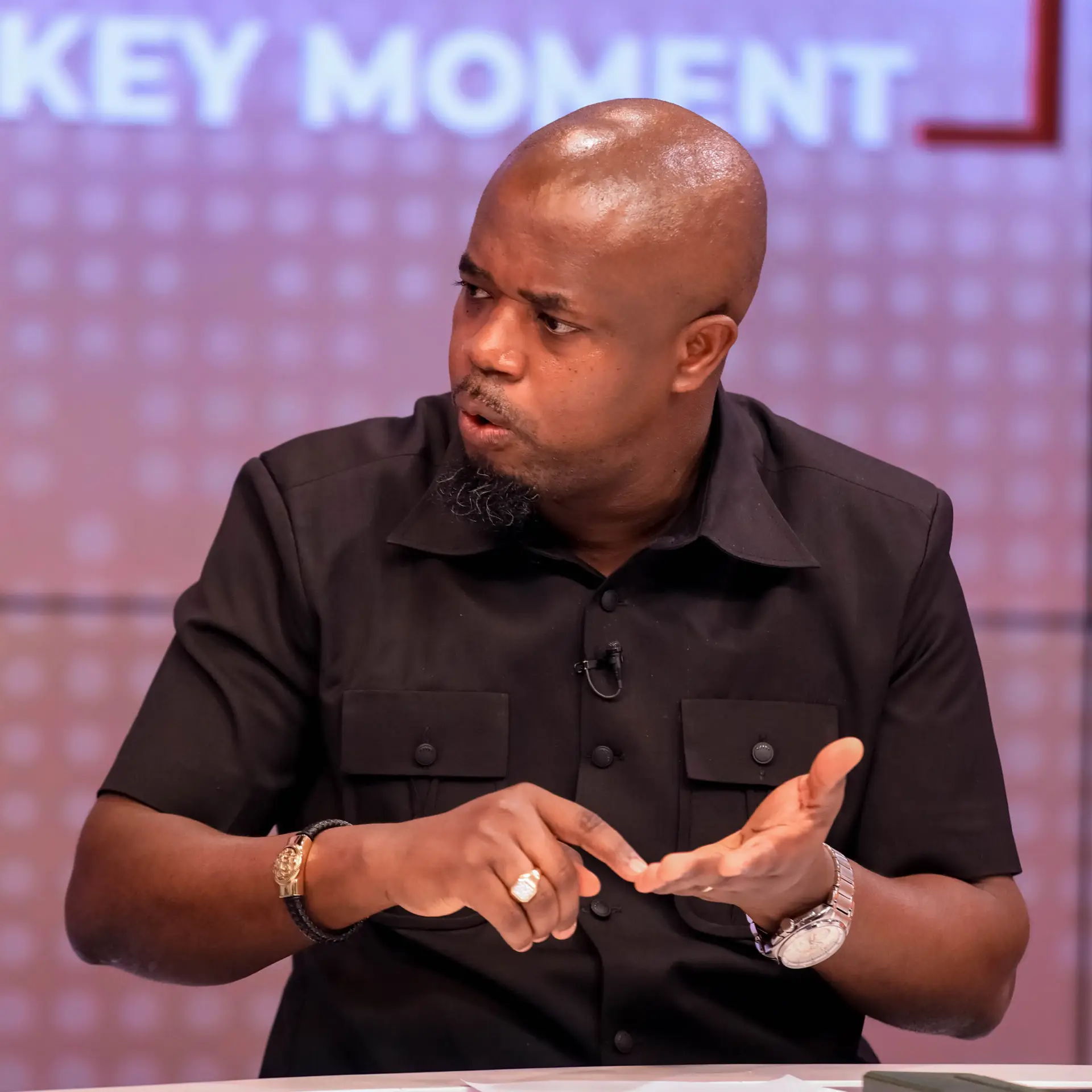


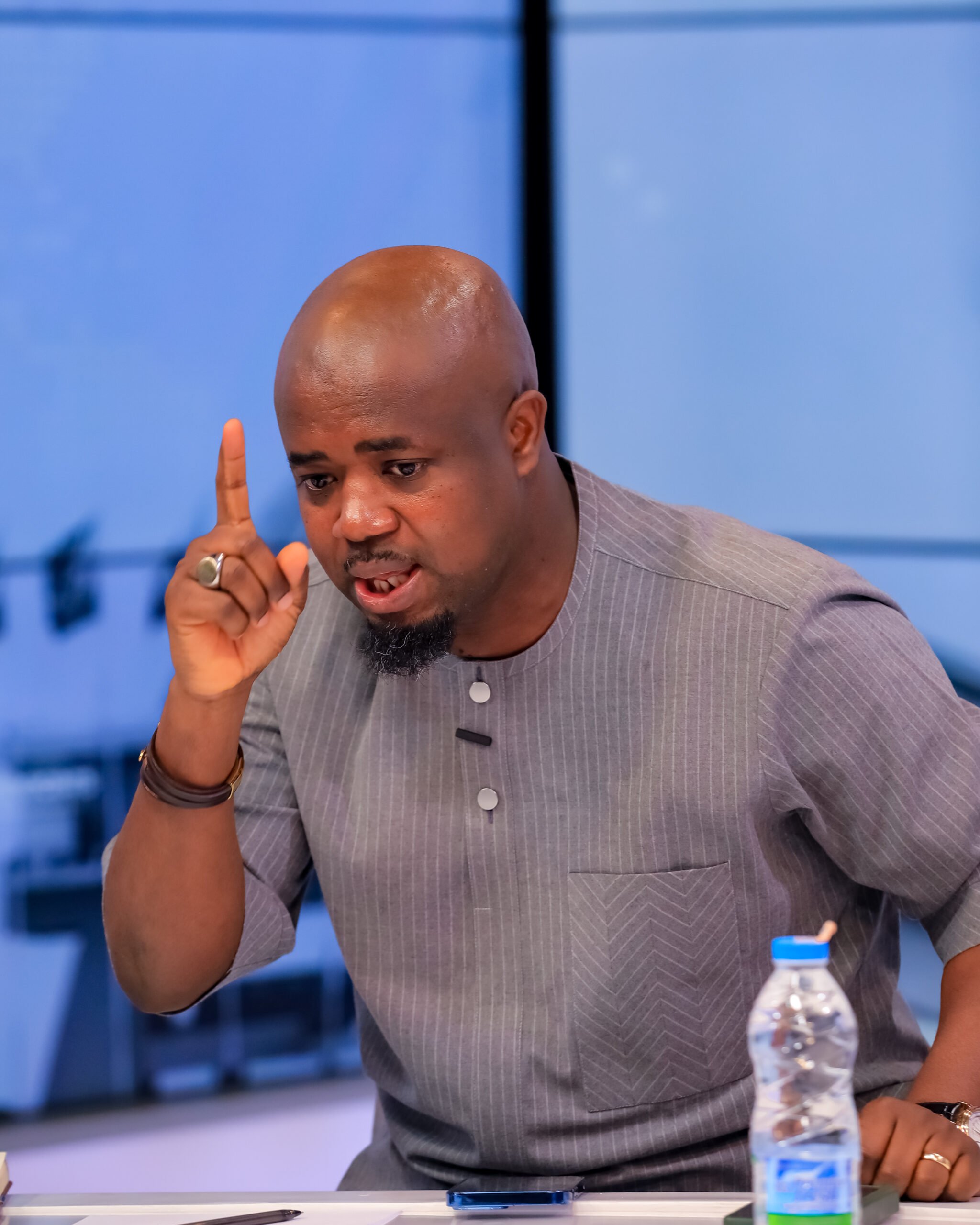



Facebook
Twitter
Pinterest
Instagram
Google+
YouTube
LinkedIn
RSS